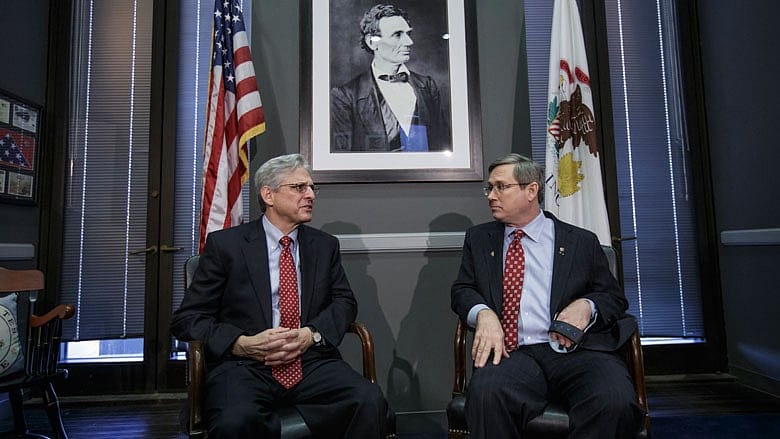Massachusetts, Alabama, and judges

Among the Supreme Court decisions issued last month following the death of Justice Scalia was a per curiam decision of the Court that reversed an Alabama Supreme Court ruling that did not recognize the validity of a same-sex couple's adoption in Georgia. A per curiam decision means that the ruling was unsigned by any individual Justice and written "for the Court." The decision was made prior to full briefing or oral argument, meaning that that the Supreme Court, based solely on the decision below and the petition for review and related pleadings, found obvious error in the lower court decision and rendered what is essentially a summary disposition. There were no noted dissents.
Even (maybe especially) after Justice Scalia's passing, the United States Supreme Court is, in terms of judicial philosophy, divided. Justice Ginsburg (the "notorious RBG" to her fans) is a hero to the left, and, with near monotonous predictability, will champion liberal causes (abortion, marriage equality and affirmative action) and liberal theories of judicial interpretation ("living Constitution" anyone?). Justices Sotomayor and Kagan are close on her heels, while Justice Breyer, who is marginally more independent philosophically, still votes with the liberal bloc in the vast majority of cases. Conversely, Justices Alito and Thomas, operating through different ideological lenses, anchor the right wing of the Court, with the Chief Justice and Justice Kennedy's blend of conservatism and pragmatism often providing "swing" votes on key issues.

